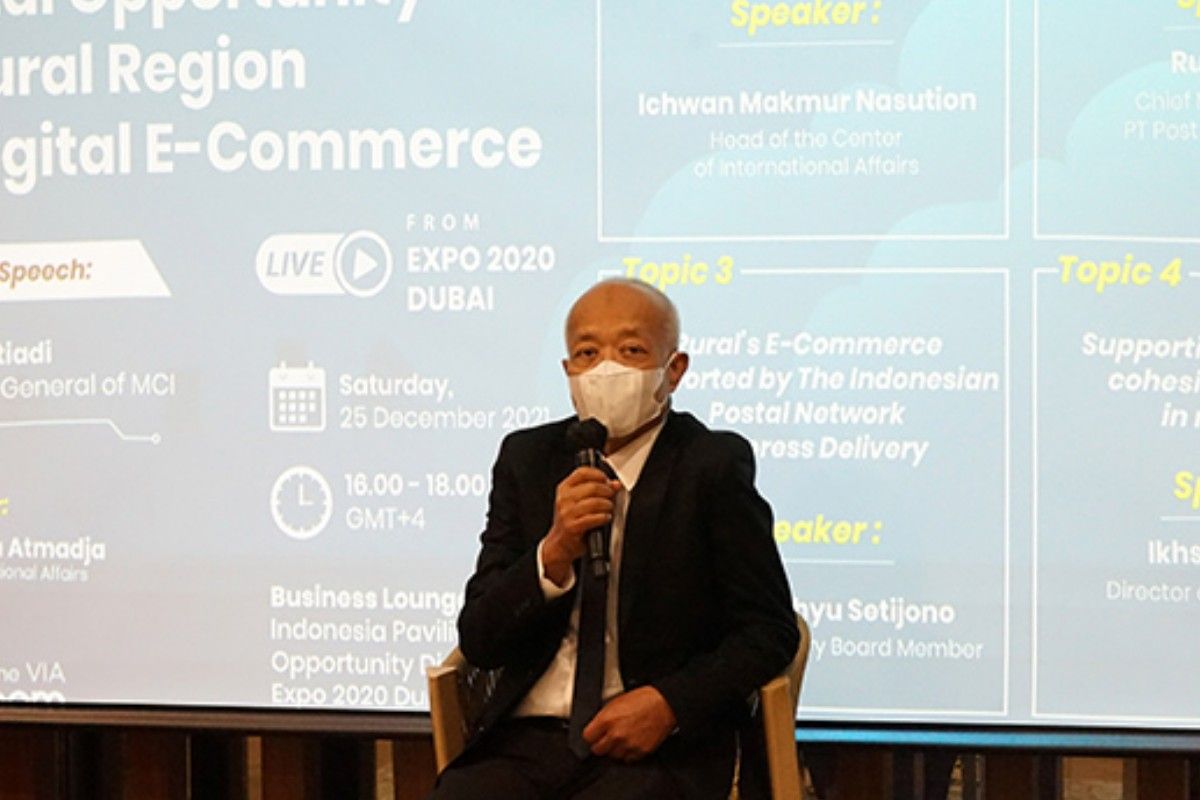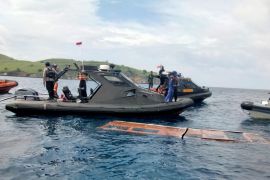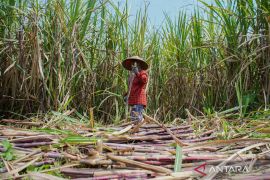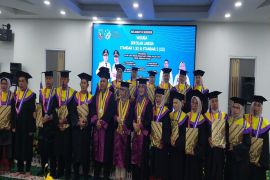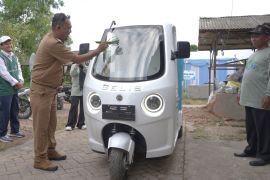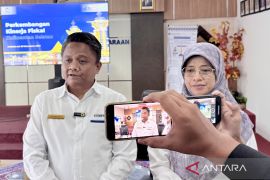Jakarta (ANTARA) - The Communication and Informatics Ministry (Kominfo) pushes for innovation and partnerships in e-commerce and logistics to support the economy in rural areas because online sellers on the outer islands, for instance, can sell online through their own online stores or online marketplaces.
"This can overcome the challenges of distance, low population density, and limited purchasing power in rural areas," Inspector General of the ministry's Communications and Informatics Doddy Setiadi said during the "Postal Opportunity in Rural Region in Digital e-Commerce" discussion at the Indonesia Pavilion, Expo 2020 Dubai, United Arab Emirates.
The coronavirus pandemic is forcing merchants to close their stores and switch to online sales. At the same time, more and more people are using e-commerce platforms for grocery shopping.
Indonesia has recorded an increase of 21 million digital consumers since the COVID-19 pandemic. According to Kominfo, 72 percent of them come from rural areas.
"This figure shows the growth of e-commerce penetration in the largest market in Indonesia. This growth is ready to create added value in the digital era, as well as contribute to the development of more inclusive e-commerce," Setiadi said in a press statement that ANTARA received here Sunday.
The trend of using e-commerce has triggered the need for reliable logistics services. Hence, the government seeks to ensure that Indonesia's postal logistics infrastructure is integrated nationally to reach unreached areas, and reduce the infrastructure gap between rural and urban areas, he said.
"The e-commerce trend will develop well if the products sold online can be delivered to customers in a reasonable price and time. Meanwhile, postal logistics channels offer worldwide delivery within a short distance for online sellers in rural areas," Setiadi said.
Related news: President Jokowi inaugurates Pon Market in Trenggalek, E Java
The e-commerce partnership with logistics services is one solution to develop the e-commerce market and open up opportunities for the community. The partnership will help improve logistics infrastructure, strengthen point-to-point services, and increase last-mile delivery.
Once partnerships are established, the logistics services will encourage businesses in rural areas to reach global customers.
"Postal logistics channels can effectively act as a counterweight by enabling businesses in rural areas to reach markets and customers anywhere, as well as address cohesion and infrastructure challenges," he said.
The role of postal and logistics operators is crucial in providing long-distance deliveries, both within the country and between countries.
"Postal and logistics operators support small-scale online sellers in rural areas in reaching their customers," Setiadi said.
The existence of digital infrastructure and platforms opens up opportunities for people living in rural areas to market their products online.
Sellers can stay in the villages while they stay connected with customers living elsewhere, both nationally and internationally.
Related news: E Nusa Tenggara to pilot program for BUMDes development


